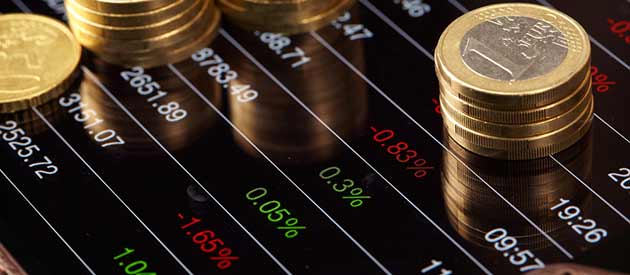As another week drew to a close the Australian Dollar advanced on the Euro and strengthened against several of its other most traded currency counterparts.
Positive US developments and comparative calm in Ukraine supported risk appetite, and commodity-driven currencies like the ‘Aussie’ and ‘Kiwi’ rallied overnight.
Investors turned to higher yielding assets as the global economic outlook brightened in response to upbeat US data and the news that the world’s largest economy kept its AAA rating from top ratings agency Fitch.
Yesterday separate reports showed that US initial jobless claims climbed by less-than-forecast and the US Philadelphia manufacturing index came in at 9.0 in March (significantly higher than the 3.2 reading expected).
The ‘Aussie’ also continued to derive underlying support from the Reserve Bank of Australia meeting minutes published earlier this week.
The minutes indicated that interest rates would be held at record lows for the foreseeable future.
According to ANZ economist Ivan Colhoun; ‘After some significant weakness, labour demand and employment are picking up in some key industries, including retail, construction, education and health. This suggests that the rotation of activity and employment – away from mining and towards other sectors – is under way. This is consistent with our view that we are at the low for the cash rate in this cycle.’
Meanwhile, the Euro drifted lower over the course of local trading on Thursday and failed to recover losses overnight.
However, the Euro to AUD pairing may recover losses over the next few hours as investors react to the Eurozone’s current account data.
The current account of the 18 nation currency bloc climbed unexpectedly last month, rising from a negatively revised 20.0 billion to 25.3 billion.
Economists had expected the Eurozone’s current account to fall to 18.4 billion.
Next week Euro to Australian Dollar movement may occur in response to German/Eurozone services and manufacturing PMI, Chinese HSBC/Markit flash PMI, German IFO business climate figures, German consumer confidence data, China’s leading index and German retail sales figures.
Euro (EUR) Exchange Rates
[table width=”100%” colwidth=”50|50|50|50|50″ colalign=”left|left|left|left|left”]
Currency, ,Currency,Rate ,
Euro,
Euro,
Euro,
Euro,
Euro,
[/table]
